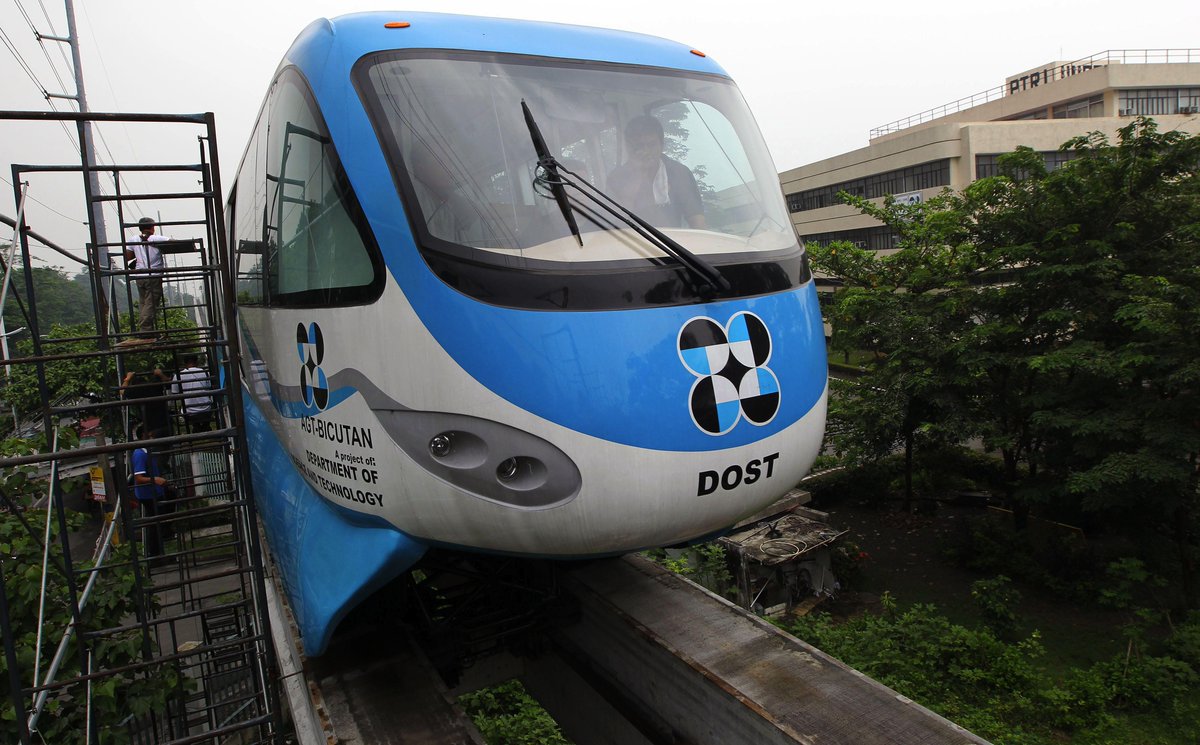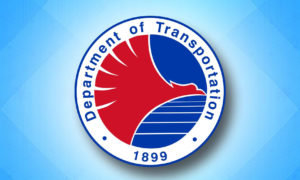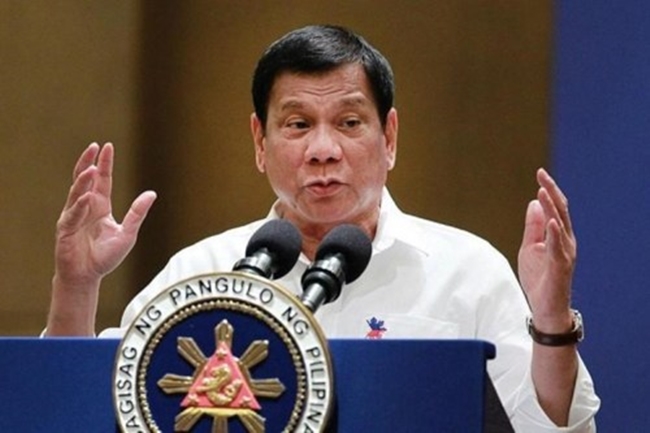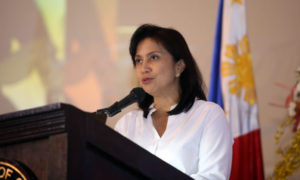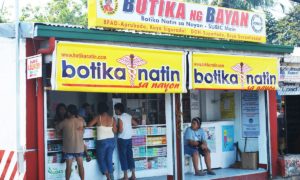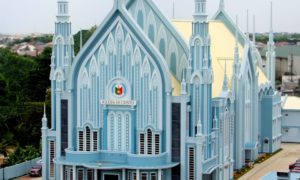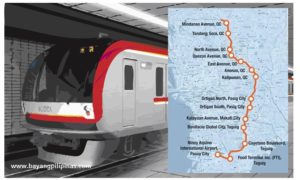THE Philippines may soon source trains for future rail projects from Filipino suppliers as the government is already taking steps to build a local train industry, according to the Department of Science and Technology (DOST).
Science Secretary Fortunato T. de la Peña told BusinessMirror that the agency is now in talks with possible investors and the National Development Corp. (NDC) to jump-start these efforts. De la Peña revealed the plans on the sidelines of a briefing at the opening on Wednesday of the National Science and Technology Week (NSTW) in Pasay City.

De la Peña said he hopes that even before 2022 ends, the Philippines would have its own train industry.
“That’s what we want. Kasi nga ang dami-daming nakaplanong rail projects, meron sa Mindanao, meron sa Visayas, eh gusto sana namin locally sourced na siya [Because there are a lot of planned rail projects such as in Mindanao and the Visayas. That’s why we want locally sourced trains],” de la Peña said.
According to the science secretary, private-sector investors are keen on bankrolling road trains. Initially, he said, the investors are keen on using their trains for their own operations.
He estimated that this could reach around P200 million to build prototypes that could already be used by these local firms. The role of the DOST in this undertaking is to provide licenses to these firms for the project.
The DOST chief also said they are in talks with the NDC, a government-owned and -controlled corporation (GOCC), which invests in pioneering industries.
De la Peña said the DOST had earlier secured NDC financing for radiation facilities. The NDC and private sector firms built local radiation facilities.
“Since we cannot source funds to expand our radiation facilities, where the demand has become so high because of the expanded exports, we approached the National development Corp. and also the private sector,” de la Peña said.
Cabinet, Rody back DOST–Briones
Education Secretary Leonor Magtolis-Briones said President Duterte and the Cabinet fully support the DOST and its projects.
“The President never said a word against science and technology [S&T]. All members of the Cabinet have a 100-percent approval for S&T projects,” Briones said in a speech she delivered for the President at the opening of the National Science and Technology Week on Wednesday.
Briones said whatever amount the DOST’s projects would entail, Duterte would just say “we will look for funds” for their implementation.
Railway institute
Some three weeks ago, the Department of Transportation (DOTr) revealed plans to boost its rail expertise and equipment— as it struggles to provide efficient mass transport systems to Filipinos.
The establishment of a Philippine Railway Institute—an educational organization aimed at training and producing quality rail experts and employees—will pave the way for the world to recognize the country as a railway expertise leader, according to Transportation Undersecretary for Rails Timothy John R. Batan.
“Today, there are a lot of Filipinos working abroad for foreign railway lines. I think we can level up to that. Our own companies can eventually do that for other countries,” he said.
Batan noted that this is the broader vision for the Philippines, whose railway sector is currently still building up capacity both in terms of infrastructure and manpower. Much of the financing and technical assistance is being provided by Japan, the country’s largest source of official development assistance (ODA).

The DOTr is moving to build roughly 1,900 kilometers of railway across the country through 2022—from just the existing 77-kilometer railway portfolio in Metro Manila.
Five mega projects are being funded by the Japan International Cooperation Agency (Jica) through Tokyo’s ODA program: the first tranche of the Metro Manila Subway Project, the North-South Commuter Railway (NSCR) Project and its extension, the Metro Rail Transit Line 3 Rehabilitation Project, the Light Rail Transit Line 1 Cavite Extension Project, and the Line 2 East Extension Project.
Jica has committed to partially fund these through a loan commitment of roughly ¥1.3 trillion. So far, ¥400 billion has been disbursed to the Philippine government to bankroll these projects.
Kiyo Kawabuchi, a senior Jica representative to the Philippines, was earlier quoted saying these developments are key to helping provide greater convenience to Filipinos. “The railway sector could transform the daily lives of Filipinos,” she said.
Sona wish list
Creating a local train industry is part of the State of the Nation Address (Sona) wish list of DOST to the President along with the passage of the Philippine Space Development Act.
De la Peña earlier told the BusinessMirror: “[The passage of the bill] will ensure the continuity of the space technology development programs we [at DOST] have started.”
These programs include the Philippine Scientific Earth Observation Microsatellite Program that launched Diwata-1 and 2 microsatellites in orbit, and was succeeded by the Space Technology and Applications Mastery, Innovation and Advancement, more popularly known as Stamina 4 Space Program.
Once established, the PhilSA will be an attached agency to the Office of the President. The PhilSA “shall be the primary policy, planning, coordinating, implementing, and administrative entity of the Executive branch of the government that will plan, develop and promote the national space program in the Philippine Space Policy.”
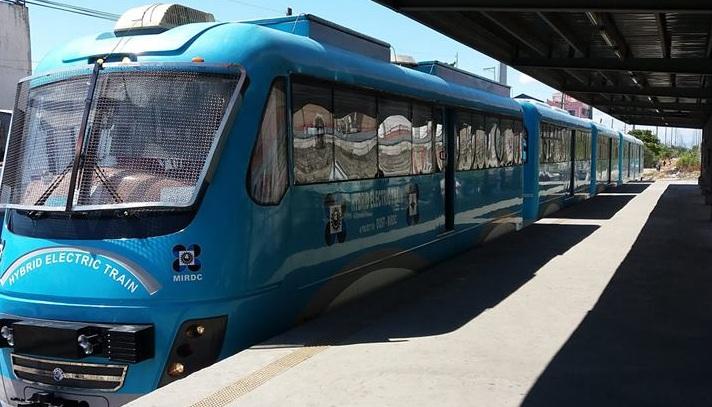
source: businessmirror.com.ph
Comments

